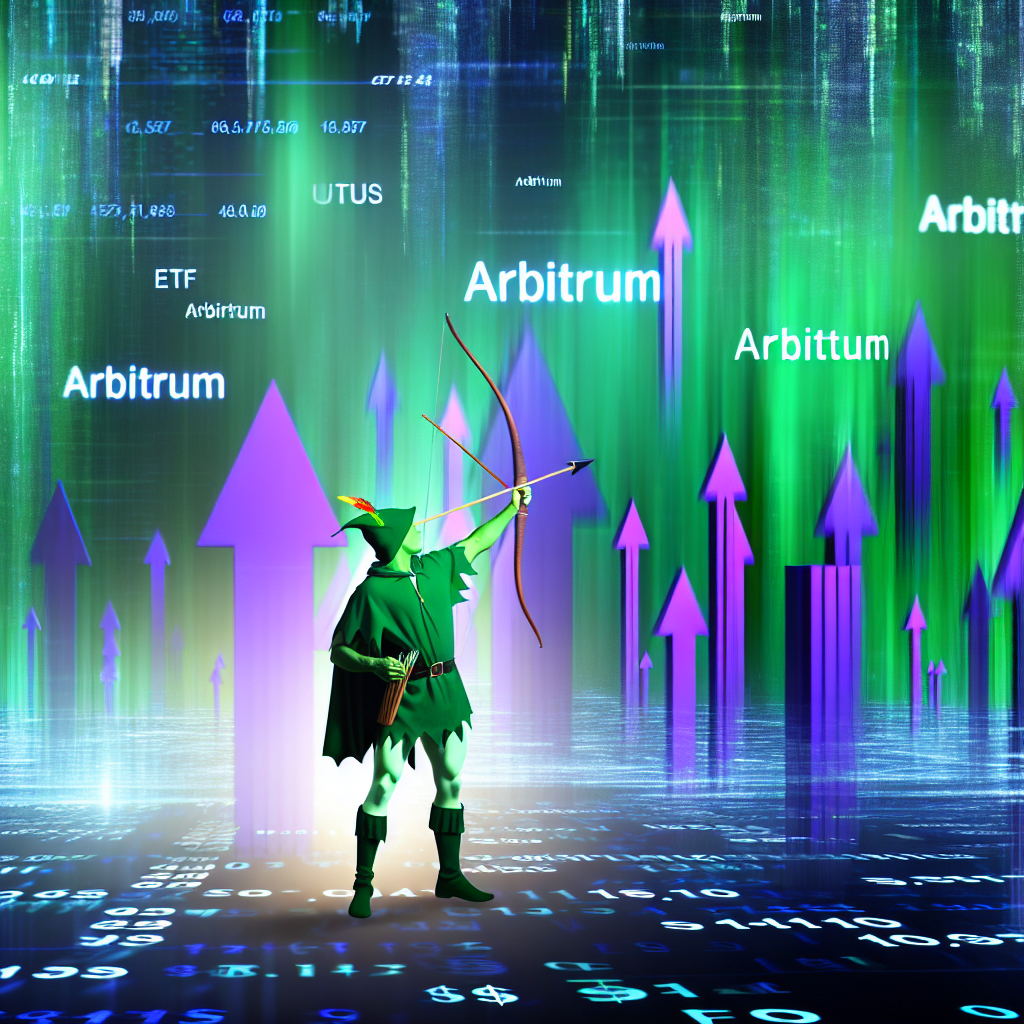Robinhood has enhanced its tokenization efforts on the Arbitrum blockchain, launching 80 new stock tokens recently, which elevates the total number of tokenized assets to nearly 500.
As per data from Dune Analytics, Robinhood has tokenized 493 assets with a combined value exceeding $8.5 million. The total mint volume has surpassed $19.3 million, counterbalanced by around $11.5 million in burning activities, indicating a vibrant and actively traded market.
Stocks constitute almost 70% of all deployed tokens, followed by exchange-traded funds (ETFs) at roughly 24%, with smaller portions allocated to commodities, crypto ETFs, and US Treasurys.
The most recent series of tokenized assets comprises Galaxy (GLXY), Webull (BULL), and Synopsys (SNPS), research analyst Tom Wan mentioned. “Thanks to Tokenization, Robinhood EU users now have access to a broader selection of US Stocks, Equities, and ETFs,” he remarked.
Related: Ondo Finance to SEC: Hold off on Nasdaq’s tokenized securities plan
Blockchain-based derivatives, not real shares
In June, Robinhood introduced a tokenization-centric layer-2 blockchain on Arbitrum, enabling EU users to trade tokenized US stocks and ETFs as part of its real-world asset (RWA) initiative.
The stock tokens replicate the prices of publicly traded US securities but do not equate to direct ownership of the underlying shares. They are instead structured as blockchain-based derivatives regulated under MiFID II (Markets in Financial Instruments Directive II), as stated by the company.
Additionally, the company asserts that the stock tokens provide 24-hour market access, lack hidden fees beyond a 0.1% FX charge, and allow for investing starting with just 1 euro ($1.17).
Nonetheless, the rollout has attracted scrutiny. In July, the Bank of Lithuania, which oversees Robinhood in the EU, sought clarification on the token structure. Tenev expressed that the firm is open to the review.
Related: Following US success, Robinhood eyes expansion of prediction markets overseas
Robinhood deepens its crypto expansion
Robinhood’s tokenization initiative was launched soon after the brokerage introduced micro futures contracts for Bitcoin (BTC), XRP (XRP), and Solana (SOL).
Earlier in May, the firm acquired Canadian crypto platform WonderFi for $179 million, further broadening its global presence. Robinhood has also been advocating for clearer tokenization regulations in the US, submitting a proposal to the Securities and Exchange Commission for a comprehensive national framework governing RWAs.
Magazine: Back to Ethereum — How Synthetix, Ronin and Celo saw the light

